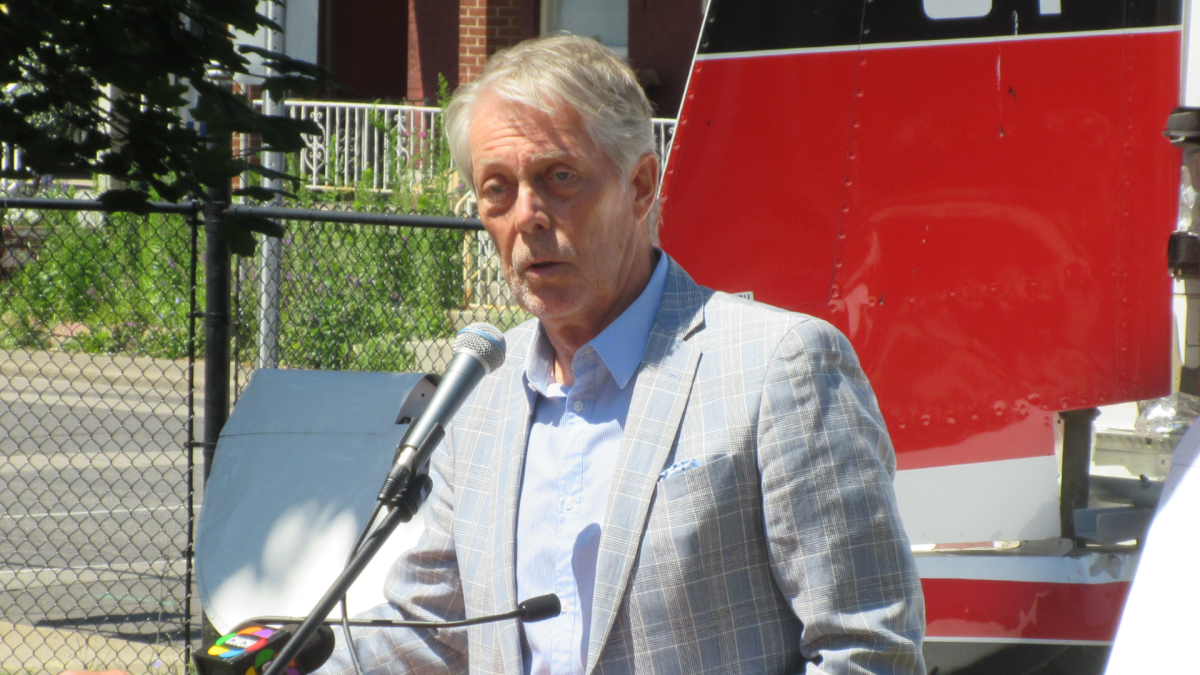Hamilton Mayor Fred Eisenberger says he’ll give a thumbs up to Doug Ford’s pilot project to increase the legislative powers of city mayors if it has “very strict limitations.”

On Wednesday, Ontario Premier Doug Ford confirmed plans to introduce sweeping reforms to significantly increase the influence that Toronto and Ottawa’s mayors will have on some decisions.
The pilot project essentially grants mayors a veto power over council decisions that could only be overturned by a two-thirds majority of council.
“I don’t think we want to replicate the American strong mayor system, but we do want to provide some additional opportunities for mayors and councils to have the authority to exercise the mandate they got elected on,” Eisenberger said.
Ford has promised to “get into the details” later but confirmed the veto aspect of the new powers.
The “strong mayor” system in the United States concentrates power with the top job, allowing the elected official to hire and fire staff, veto council decisions, and approve the budgets.
“They have a lot of power over the executive function of a municipality,” Kate Graham, a former Liberal candidate who completed a PhD in the role and power of mayors in Canada, told Global News.
Former Hamilton Larry DiIanni says implementing a similar U.S.-based system would ultimately diminish the power of individual councillors since the mayor would be able to decide what gets on an agenda, making them totally accountable.
“But the mayor also then becomes the target of a lot of councillors who don’t have power,” Dilanni said.
“They have the power of being able to oppose and challenge the mayor.”
Eisenberger said that in his years of service as Hamilton’s mayor, he can think of maybe four times where he would have liked to have had the power of veto, but added that it should be a “very limited tool” that should never be used often.
He said that if the extended powers are limited to the veto, it shouldn’t have an impact on 99 per cent of issues dealt with at council on an ongoing basis.
“All councillors elected in their wards see themselves as the mayors of their wards and that’s something that isn’t going to go away any time soon,” Eisenberger said.
“They are duly elected and their voices are not only important, are critical to the process.”
Both Toronto Mayor John Tory and minister of Municipal Affairs and Housing Steve Clark told reporters implementation of such legislation would aid the province’s initiative to build new housing across Ontario.
Clark suggested it provides “the tools to get shovels in the ground,” while Tory hinted it could “get more housing built faster,” particularly with more influence on the creation of city budgets.
But Eisenberger said he’s not sure that’s a legitimate claim, submitting the housing issue needs to be solved through collaboration with all levels of government, the private sector, and not-for-profit sector.
“If we can come together, we can resolve these issues,” Eisenberger said.
“It cannot be done independently through policy alone.”
Outside of Toronto and Ottawa, the legislation is not expected to apply to other major cities in Ontario when introduced during a rare summer sitting, set for Aug. 8.
Ford has suggested the pilot will be “immediate” and will likely come into force before the municipal election on Oct. 24.









Comments